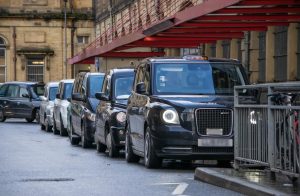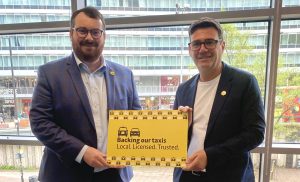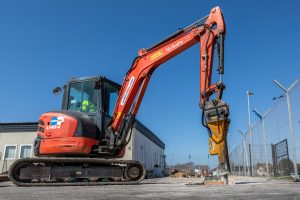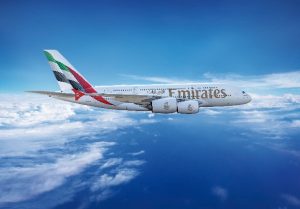Liverpool City Region bus revolution moves another step closer
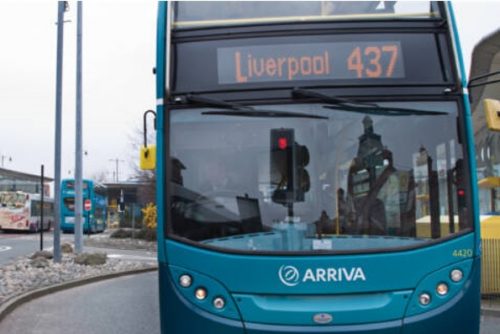
The prospect of Liverpool City Region taking back control of its bus services moved another step closer today (March 4).
The Liverpool City Region Combined Authority voted unanimously to confirm franchising as the region’s preferred future model for running the bus network and services.
Described as a landmark move, it would reverse the industry’s deregulation, by the Thatcher government, in the mid 1980s.
Metro Mayor, Steve Rotheram, pledged to reform the region’s transport on re-election, using the London system as a template to make travelling around the region quicker, cheaper, greener and more reliable.
More than 80% of journeys on the city region’s public transport network – in excess of 400,000 a day – are made by bus.
The combined authority’s proposal is that buses would better integrate with other modes of transport – like the region’s new fleet of publicly-owned trains, despite long ongoing delays in them entering into service – and ticketing would be made simpler and more convenient with the introduction of a tap-and-go system with daily fare caps that will mean passengers always pay the cheapest fare.
Steve Rotheram said: “Good public transport is the hallmark of any modern, successful city region and buses are its backbone. Hundreds of thousands of people rely on our region’s buses every single day. They are a lifeline for connecting people in our communities with each other and opportunity.
“But too many feel left behind by a system that simply does not work for them. In too many places, public transport is too confusing, too unreliable, and too expensive. Liverpool city centre can sometimes feel as far away as London.”
He added: “Today we have taken a massive step towards putting that right. Thanks to devolution we have the power to roll back the 1980s and reverse four decades of disastrous deregulation. We’re taking back control of our bus network and running it in the interests of local people – not private shareholders.”
Bus franchising would allow the combined authority to specify the bus network, set fares and control fare policy.
It would also give the authority control over when and where buses operate in the interests of users, rather than leaving service and network decisions to private operators who currently have the power to withdraw bus routes.
In addition, the authority could take greater control over the bus fleet, helping it to achieve the city region’s net zero carbon ambitions.
Today’s decision triggers the next stage of the process, which includes additional work to complete the bus franchise business case and an independent assessment, before launching a public consultation.
In 2018, the combined authority held a ‘Big Bus Debate’ in which thousands of people participated. They asked for a bus system that is more reliable, easier to understand, more convenient and better value for money. They also wanted an easier-to-understand bus service, that was punctual, reliable and affordable.

